

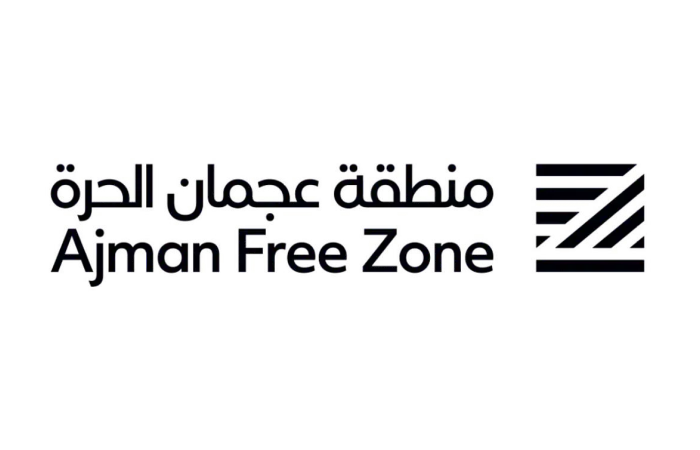
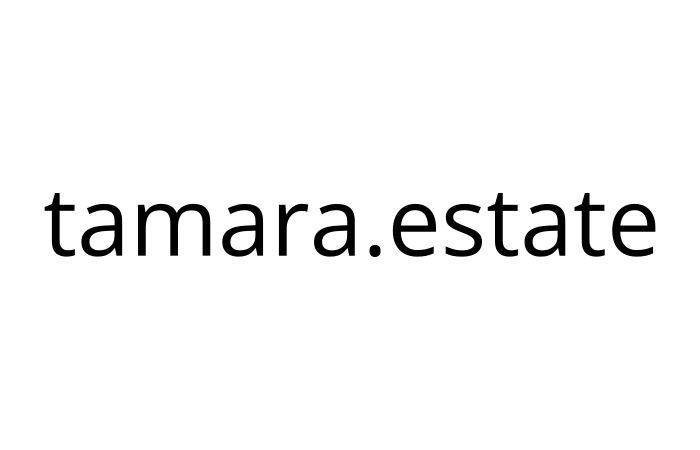

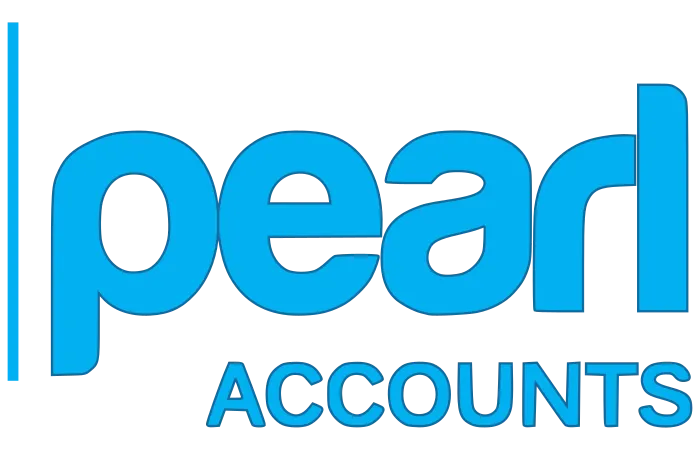

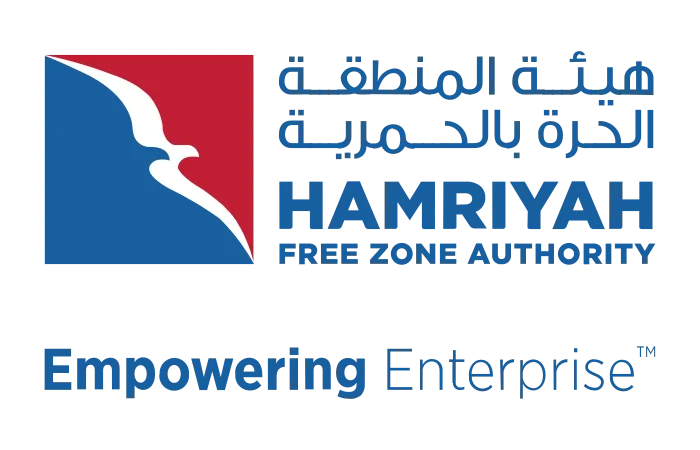
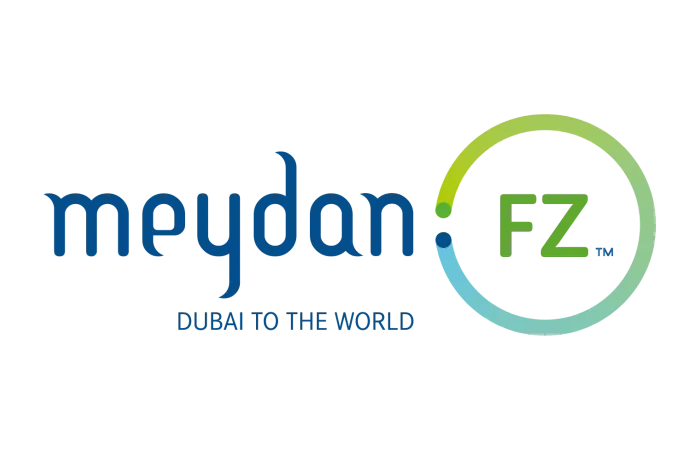




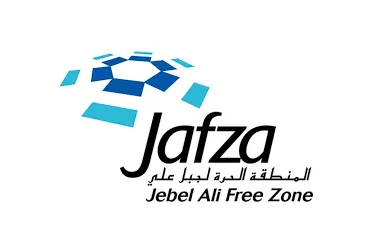

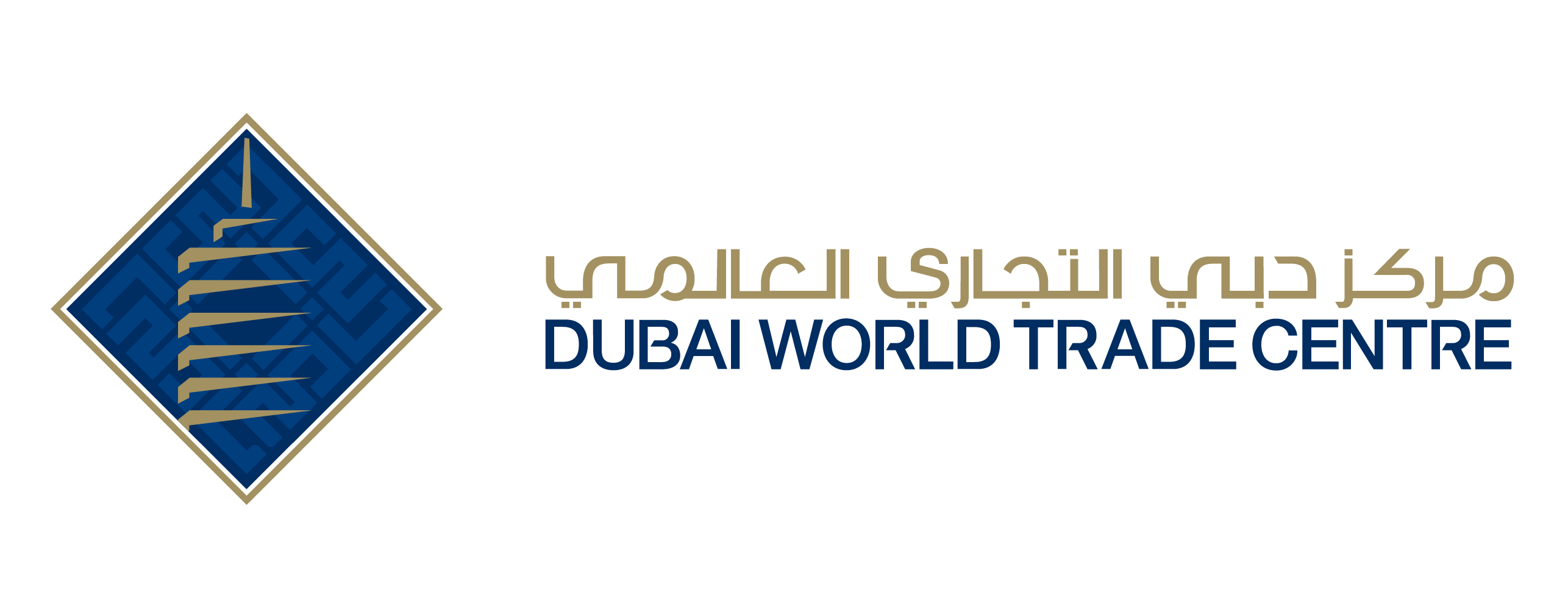


.png)
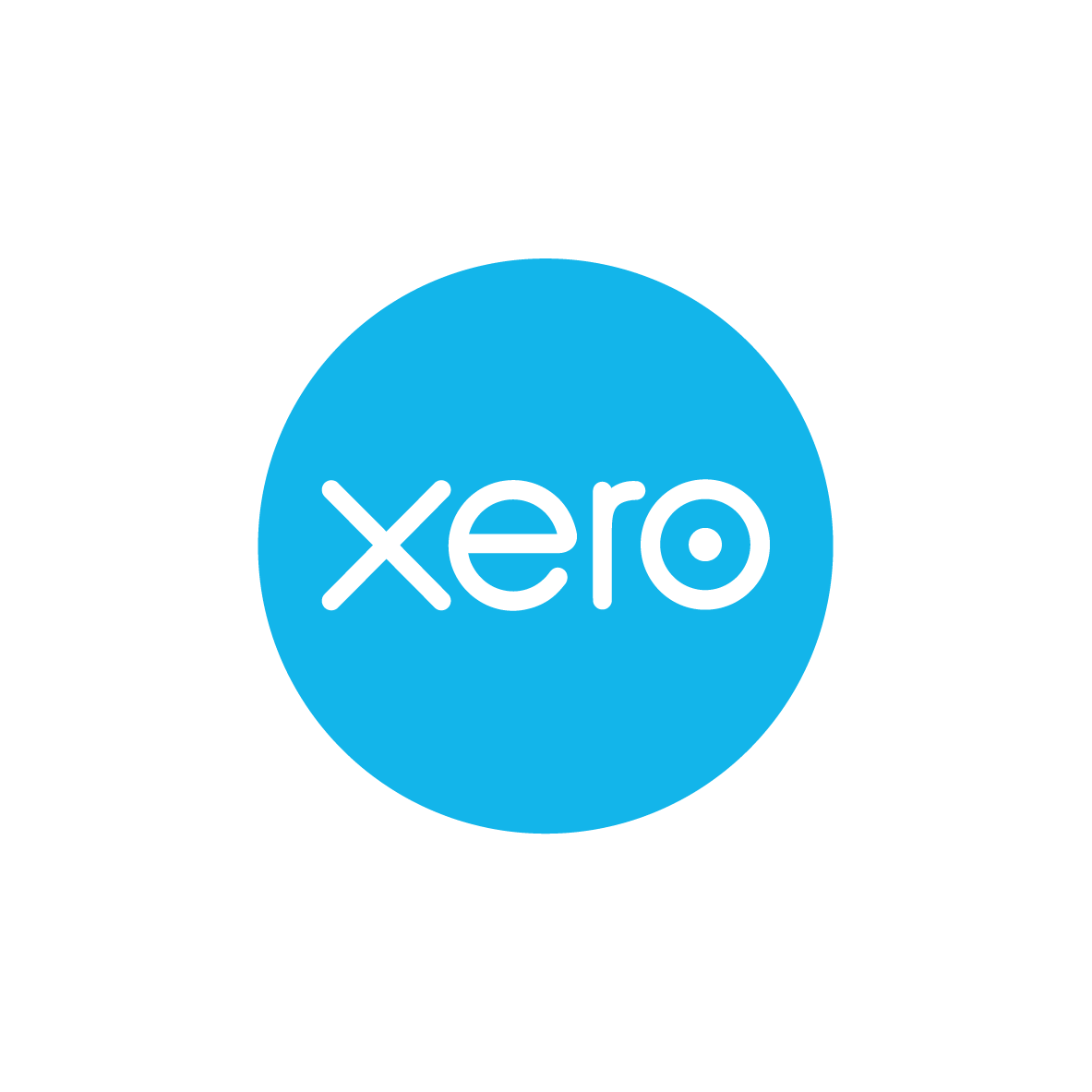







.png)
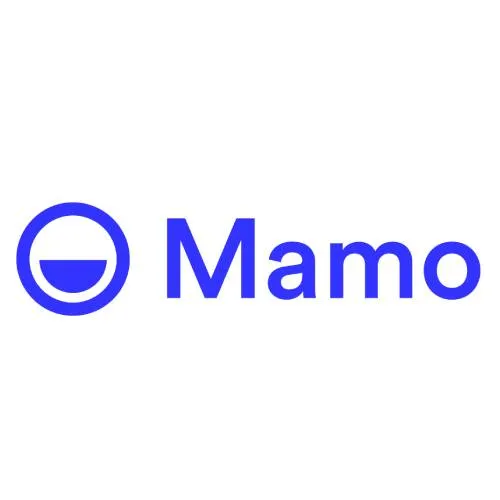






Company setup typically takes two to four weeks, depending on the jurisdiction (Designated Zone, Free Zone or Mainland), business activity, and and the speed of document submission.
In the UAE, businesses can be established under three primary jurisdictions: Free Zone, Designated Zone, and Mainland, each offering distinct regulatory, tax, and operational benefits.
Free Zone companies are set up within specific economic zones that offer 100% foreign ownership and a business-friendly regulatory environment. These companies are ideal for businesses focused on international trade, services, or holding activities. However, Free Zone companies are generally restricted from trading directly with the UAE mainland unless they appoint a local distributor or agent. Under the UAE Corporate Tax regime, Free Zone companies may benefit from a 0% tax rate on qualifying income, provided they meet certain substance requirements and do not derive income from the mainland. VAT applies to Free Zone companies as it does to other UAE entities.
Designated Zones are a special category of Free Zones recognized specifically for VAT purposes. These zones, such as JAFZA, DAFZA, and KEZAD, are treated as beingoutside the UAE for VAT on certain qualifying B2B transactions, particularly where goods move from warehouse to warehouse within the Designated Zone network. For Corporate Tax, however, Designated Zone entities are treated like any other Free Zone company: they may qualify for 0% tax on eligible income subject to strict requirements for substance, reporting, and revenue sources.
Mainland companies offer full access to the UAE market, including the ability to operate across all emirates and engage in government contracts. As of recent reforms, 100% foreign ownership is now allowed in most sectors, eliminating the previous requirement for a UAE national partner in many cases. Mainland companies aresubject to the UAE’s 9% Corporate Tax on taxable profits above AED 375,000 and must register for VAT if their turnover exceeds the mandatory threshold. Unlike Free Zones, mainland entities can trade directly with any business or customer within the UAE without restrictions.
In summary, the choice between Free Zone, Designated Zone, and Mainland depends on your business model, tax planning, trading partners, and long-term growth strategy. At Onecentive, we help you make the right decision based on your five-year vision, commercial needs, and compliance requirements, to help you establish a company structure that supports growth and efficiency.
Yes, both Free Zone and Mainland options allow non-resident ownership; visas are processed separately once your company is incorporated.